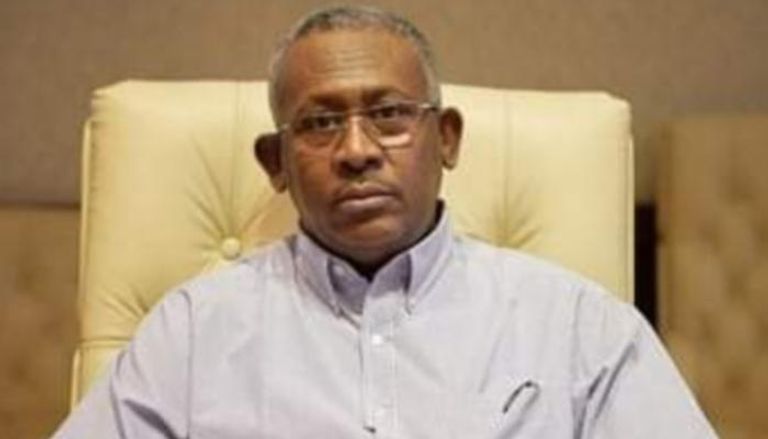FFC seek to end Sudan’s coup not restore military civilian partnership: Faisal
June 15, 2022 (KHARTOUM) – The Forces for Freedom and Change (FFC) do not seek to establish a new partnership with the military component, but rather an end to the coup, said Babikir Faisal a leading member of the broad coalition of revolution’s forces.
The FFC refused to participate in a dialogue organized by the tripartite mechanism after the facilitators decided to involve pro-military groups that were allies of the ousted regime.
The coalition underscored that the purpose of the political process is to resolve the dispute between civilians so there is no need to involve other parties particularly when they back one of the two rivals.
However, the US Assistant Secretary of State for African Affairs and the Saudi ambassador to Khartoum were able to bring the coalition and the coup leaders together and agreed to prepare a detailed proposal on how to end the political crisis.
In an interview with the Sudan Tribune on Wednesday, Babikir revealed they have prepared their vision on how to end the coup after consulting with various civil society groups. Also, he said they handed the paper to the Resistance Committees which reject any dialogue with the military component.
The leader of the Unionist Alliance stressed that the FFC groups are not “seeking a settlement, but a political process that will lead to an end to the coup.”
He further questioned the seriousness of the military towards the requirements to end the coup and restore a civil democratic transition, noting that they sought to gain time during the past period.
In response to accusations that they were seeking to return to power, he said that the coalition had declared from the first day of the coup that “the partnership between the military and civilians is dead and buried”.
He reiterated that the FFC’s declared goal is to establish a fully civilian government according to a new equation that would ensure the removal of the military component from politics.
He added that the formation of the new transitional government is subject to consultation between the various forces of the revolution so that a Prime Minister is chosen and, in turn, he chooses the cabinet members.
The dialogue was born dead
Babikir said the dialogue facilitated by the trilateral mechanism “was born dead and buried on its first day,” as a result of the boycott by the anti-coup parties because the process was organized according to the terms dictated by the coup leaders.
The FFC and the Resistance Committees and the Sudanese Communist Party refused to take part in the dialogue. The meeting was attended by the military leaders, allied armed groups and pro- former regime groups.
“Any talk about this dialogue is just nonsense,” he said.
However this does not mean dispensing with the efforts of the mechanism because its role is “important and is unanimously agreed upon by all parties,” he added.
The FFC groups used to voice their support for the UNITAMS head but they accuse the envoy of the African Union of imposing pro-military agenda on the grounds of non-exclusion of the Sudanese political forces.
New Constitutional Declaration
The FFC leading figure said they are calling for a new constitutional declaration, as the 2019 Constitutional Document associate the military with the transitional authority and determines their representation and powers.
“Since we rejected the principle of civil-military partnership, it was obvious that we would call for a new constitutional declaration,” he said.
He added that this does not mean abandoning everything stated in the 2019 Constitutional Declaration.
“It can be used as well as previous constitutions in the drafting of the new declaration, especially since it includes important texts, especially those relating to the broad powers granted to the Prime Minister and the executive branch.”
The Sudanese Communist Party and the Resistance Committees reject dialogue with the military component.
They accuse the coup leaders of seeking to achieve a soft landing, not making any radical change in the composition of the security services, preserving their economic activities and businesses, obstructing justice for the crimes committed in Darfur or post regime change violence.
(ST)

